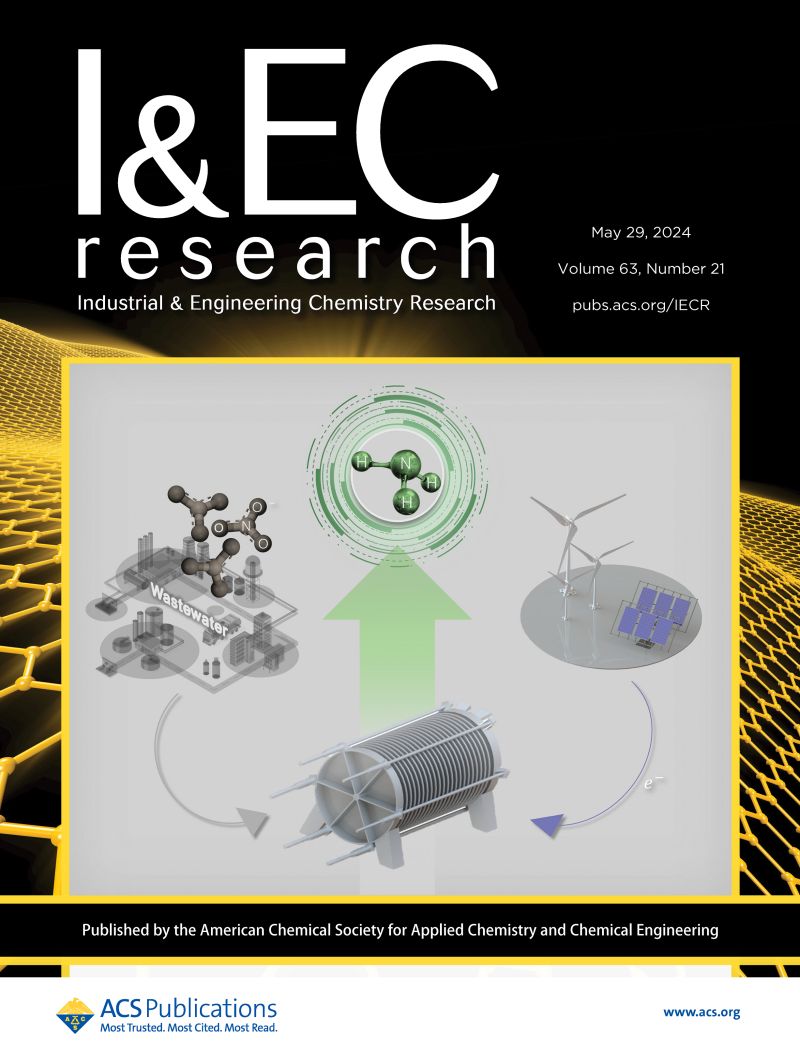Pd–Co Bimetallic Nanoparticles Immobilized on Mesoporous Niobium Silica for Selective Hydrogenation of 3-Nitrostyrene
Abstract
Designing efficient catalysts for the preferential hydrogenation of vinyl groups is a pivotal challenge in the production of pharmaceuticals, agrochemicals, fine chemicals, dyes, and other valuable compounds. Herein, we developed evenly dispersed bimetallic Pd–Co nanoparticles on mesoporous silica nanospheres (MSNs) for selective hydrogenation of a model compound 3-nitrostyrene. By tuning the Pd/Co molar ratio and solvents, the efficiency of 3-nitrostyrene hydrogenation to 3-ethylnitrobenzene with the Pd1–Co1/MSN-Nb catalyst was well optimized; while 3-nitrostyrene was converted entirely, the selectivity of 3-ethylnitrobenzene was up to 95%. Moreover, this catalyst was stable and compatible with styrene and its derivatives. Further characterization results indicated that the combined effect of Pd-based metal nanoparticles and MSN-Nb and the electronic interaction between Pd and Co components in the Pd1–Co1/MSN-Nb catalyst have significant importance in the hydrogenation of 3-nitrostyrene. The aforementioned catalytic system will prove invaluable in guiding the selective hydrogenation of vinyl groups.





